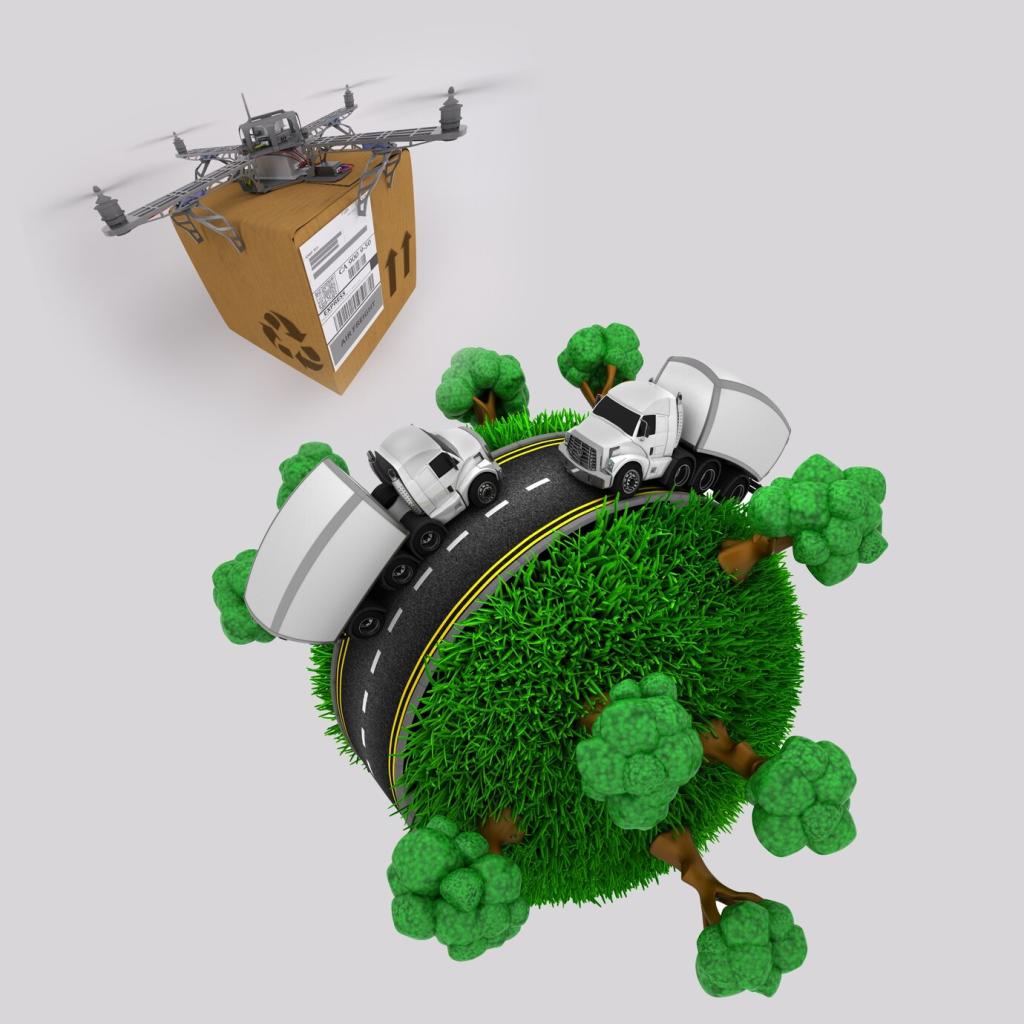Sustainable Fuel Alternatives for Ships
Sustainable fuel alternatives for ships are gaining importance as the maritime industry seeks to reduce its environmental impact and meet stringent global emissions regulations. With increasing focus on decarbonization, ship operators and manufacturers are actively researching and adopting new technologies and fuels that minimize greenhouse gas emissions and contribute to cleaner oceans. This web page explores the leading fuel alternatives, their benefits, operational challenges, and future prospects within the sector.


Environmental Performance of LNG-Powered Ships
LNG-powered ships emit up to 25% less carbon dioxide relative to conventional fuel oils and virtually eliminate harmful sulfur emissions, which are major contributors to air pollution near ports and shipping lanes. The cleaner combustion process associated with LNG brings immediate benefits for coastal communities and marine ecosystems. Nevertheless, methane slip—a release of unburned methane during LNG handling—remains a key environmental concern that innovative engine technologies are actively addressing.
Infrastructure and Bunkering Developments
The accelerated development of LNG bunkering facilities across major ports worldwide is a testament to the growing adoption of this alternative fuel. Modern bunkering systems ensure safe, efficient, and reliable refueling for LNG-powered vessels. However, disparities in infrastructure availability across different shipping regions challenge global deployment. Industry collaboration and regulatory support are vital to standardizing safety procedures and expanding bunkering networks to realize LNG’s full market potential.
Bridging to Future Fuels with LNG
As a bridge fuel, LNG positions the shipping sector to gradually transition toward zero-emission solutions. Existing LNG infrastructure and vessel designs can often accommodate future fuels like bio-LNG or hydrogen, enhancing flexibility amid the evolving energy landscape. Continued investment in dual-fuel engines and retrofitting capabilities will allow ship operators to adapt their fleets efficiently as more sustainable alternatives become technologically and economically viable.

Hydrogen and Fuel Cells in Marine Applications
Green Hydrogen: Production and Supply
Green hydrogen, created via electrolysis using renewable electricity, stands as the cleanest pathway for hydrogen marine fuel. Developing scalable production facilities and robust distribution logistics are crucial for making green hydrogen available at major ports. The transition to a green hydrogen economy hinges on the rapid expansion of renewable power capacity worldwide and significant investments in new industrial infrastructure tailored for maritime applications.

